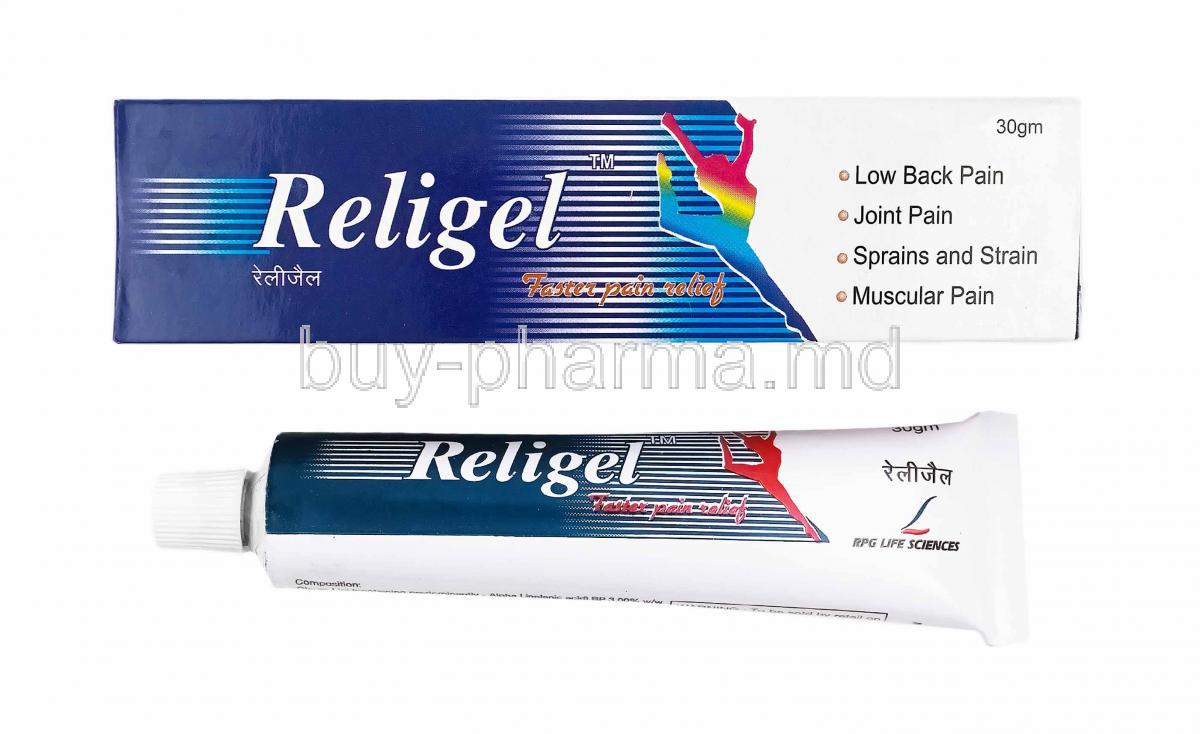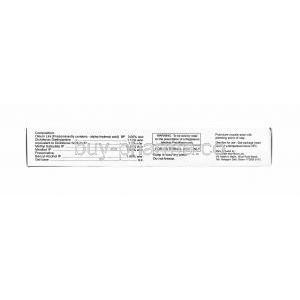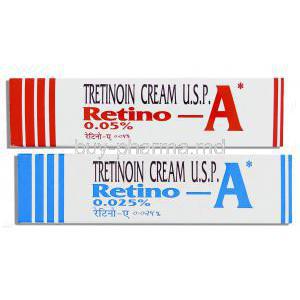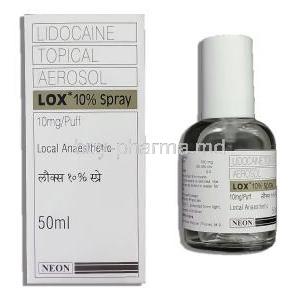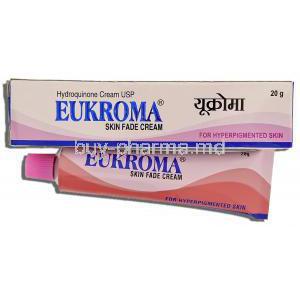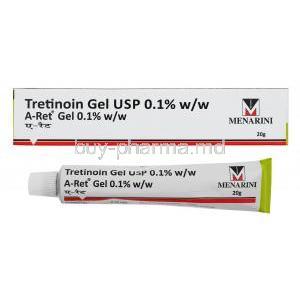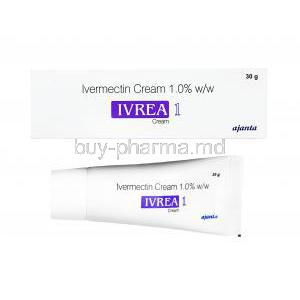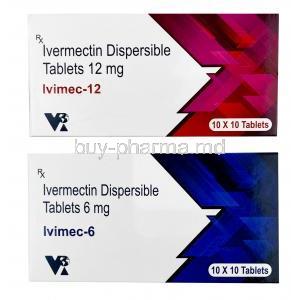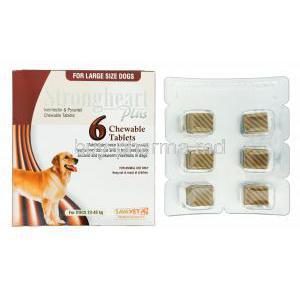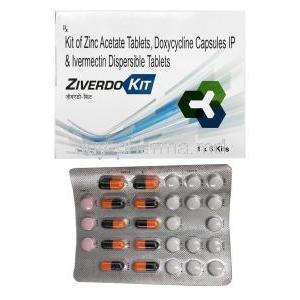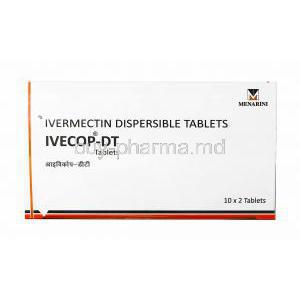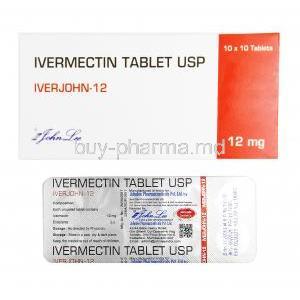Religel Gel
- I. Introduction to Religel Gel
- II. Composition of Religel Gel
- III. Uses of Religel Gel
- IV. Off-Label Uses of Religel Gel
- V. Mechanism of Action: How Religel Gel Works
- VI. Dosage and Administration
- VII. Administration in Special Populations
- VIII. Side Effects of Religel Gel
- IX. Interactions with Other Medications
- X. Contraindications and Warnings
- XI. Handling and Storage
- XII. Overdose Information
- XIII. Important Precautions
- XIV. Careful Administration Practices
I. Introduction to Religel Gel
Overview of Religel Gel
Religel Gel is a recognized topical treatment known for its effectiveness in treating various skin conditions. Its special formula provides significant relief, making it a go-to option for dermatological care.
Importance in Modern Medicine
The gel's importance in today's field lies in its flexibility and efficiency, providing a nonintrusive treatment choice that reduces the reliance on general medications.
II. Composition of Religel Gel
Active Ingredients
The product contains four components: Diclofenac, Methyl Salicylate, menthol, and Linseed oil. Diclofenac is used for pain relief. Reducing inflammation.
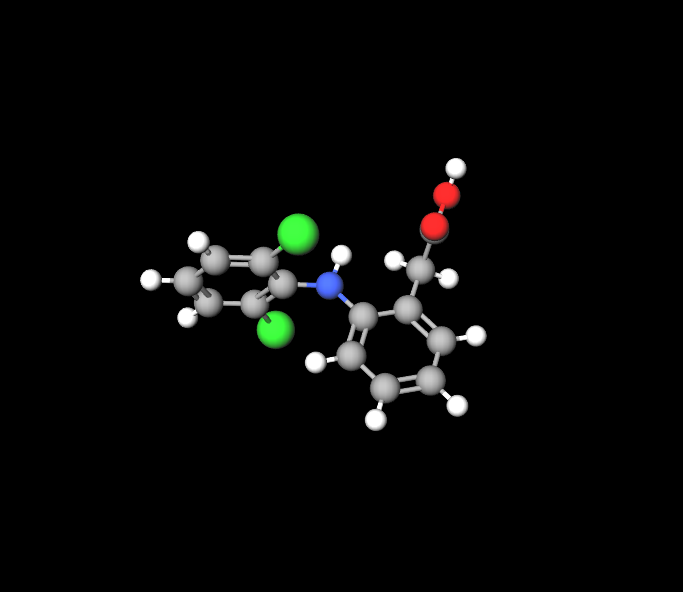
Pharmaceutical Formulation
The combination of principles and technological advancements, in the formulation ensures that the active ingredients are effectively delivered to the targeted areas.
III. Uses of Religel Gel
Primary Indications
-
Primary Indications:
-
Efficacy in Treating Specific Conditions:
Benefits over Alternative Treatments
When looking at treatments versus Religel Gel the gel provides focused effects with limited absorption, into the system improving its safety features.
IV. Off-Label Uses of Religel Gel
Exploring Unapproved Uses
Evidence Supporting Off-Label Benefits
New studies and accounts from patients hint at uses beyond what has been officially approved.
V. Mechanism of Action: How Religel Gel Works
Pharmacodynamics
The gel works by blocking enzymes and chemical signals that play a role in the inflammation process.
Interaction with Biological Pathways
It regulates biochemical processes reducing inflammation and allergic reactions on a molecular level.
Onset of Action and Duration of Effect
Religel Gel starts working in a few minutes and depending on how its used the relief can stick around for hours.
Diclofenac vs Ibuprofen
Diclofenac is considered to be a NSAID compared to ibuprofen. When it comes to managing arthritis pain taking diclofenac two to three times a day has shown results. On the hand treating joint pain, with ibuprofen often requires a higher dosage typically referred to as a "prescription strength dose."
VI. Dosage and Administration
Recommended Dosages for Different Conditions
The amount of medication needed can differ based on the condition being addressed usually ranging from applying a thin layer once to multiple times daily.
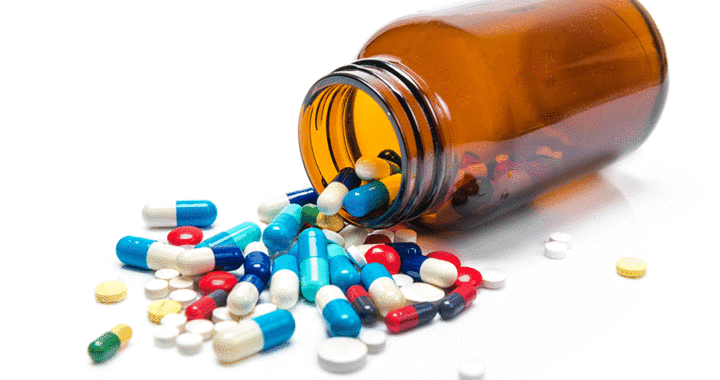
Methods of Application
Make sure to spread the gel on the affected area, being careful not to apply it to open wounds or near the eyes.
Adjustments for Specific Populations
Changes might be needed for individuals with skin or those who are prone to allergies.
VII. Administration in Special Populations
Elderly Patients
It's important to be careful with dosing for individuals due, to their typically more sensitive skin and the possibility of kidney issues.
Pregnant Women and Nursing Mothers
It's essential to consult a healthcare provider before using Religel Gel if you're pregnant or nursing, as its safety for women in these conditions hasn't been fully confirmed.
Methyl salicylate pregnancy
It is advised not to take this medication during the period from 20 weeks of pregnancy until delivery. In case your healthcare provider determines that it's necessary for you to use this medicine between the 30th week of pregnancy, you should aim to use the smallest effective amount for the shortest duration possible. Avoid taking this medication after reaching the week of pregnancy.
Children
Dosages, for children need to be adjusted with caution to reduce the chances of the medication being absorbed into the body and to ensure safety.
VIII. Side Effects of Religel Gel
Common Side Effects
Although Religel Gel is usually well received, some typical side effects may occur. These can include skin irritation, redness, and itching at the application site.
List and Description of Frequent Reactions
- Skin irritation may show up as a temporary reddening of the skin.
- Itching is typically mild. Tends to decrease with ongoing use.
- Redness is a reaction to applying a topical treatment, generally harmless and short-lived.
Managing Common Adverse Effects
In order to handle these side effects individuals are recommended to lessen the frequency of use or pause usage if symptoms continue. Seeking advice, from a healthcare professional might be needed for negative responses.
Serious Adverse Reactions
Serious reactions are uncommon. May include severe skin irritation, allergies or sensitivity, to light.
Rare but Critical Risks
In uncommon cases, there are risks of the substance being absorbed into the body system, which could result in more serious issues, particularly when it comes into contact with broken skin or is used in excessive amounts.
When to Seek Medical Attention
Seek medical help if you experience severe allergic reactions, like swelling, breathing difficulties, or blistering.
IX. Interactions with Other Medications
Potential Drug-Drug Interactions
Religel Gel may interact with topical medications, which could change how well they are absorbed or work.
Impact on Absorption, Metabolism, and Excretion
The components found in Religel Gel could potentially interact with medications processed through the skin, impacting how their metabolic processes function.
Guidelines for Avoiding Negative Interactions
Patients need to make sure they tell their doctors about all the medications they are currently taking to prevent any reactions and make sure their treatment works as well as possible.
X. Contraindications and Warnings
Absolute Contraindications
Patients who have allergies to any components of Religel Gel or similar substances should avoid using it.
Conditional Risks and Warnings
Using it may not be recommended in cases of liver or kidney issues as the additional ingredients could potentially be risky.
Precautions for Safe Usage
Patients must adhere closely to the recommended instructions. Inform their healthcare provider promptly if they experience any unusual symptoms.
Diclofenac and Alcohol
Avoid consuming alcohol when using diclofenac, as it can heighten the chances of stomach bleeding associated with the medication. Contact your healthcare provider immediately if you experience signs of stomach or intestinal bleeding, such as bloody or tar-like stools, or if you cough up blood or vomit that resembles coffee grounds.
Meloxicam vs Diclofenac
Meloxicam has a life of 20 hours while diclofenacs half life is only 2 hours. The half life represents the duration it takes for the drugs quantity to decrease by half. Consequently meloxicam remains in the system longer allowing for a once daily dosage.
XI. Handling and Storage
Optimal Storage Conditions
Remember to store Religel Gel in a dry place, at room temperature, shielded from direct sunlight and moisture, in order to preserve its effectiveness.
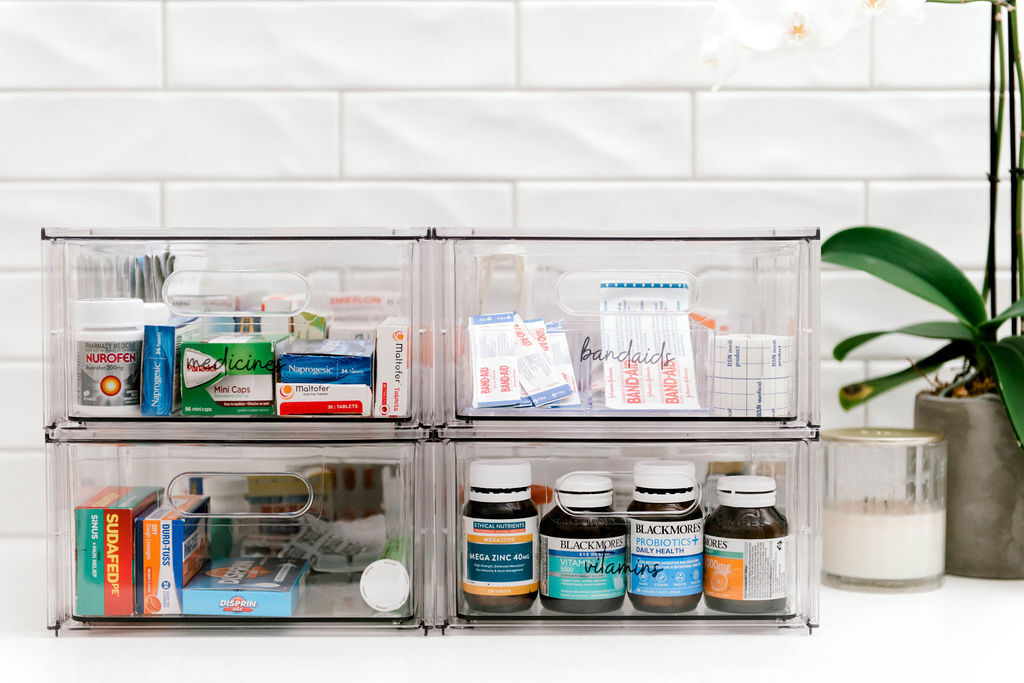
Shelf Life and Expiration
The item usually remains fresh for two years from the production date if stored correctly.
Disposal Guidelines and Environmental Considerations
The expired or unused gel should be disposed of responsibly, in accordance with local regulations, to avoid environmental contamination.
XII. Overdose Information
Symptoms of Overdosage
Taking much of the medication can lead to worsened side effects like intense skin irritation or symptoms affecting the entire body if it gets into your system.
Emergency Procedures and Antidotes
If someone experiences an overdose, it is important to rinse the affected areas with water and seek medical help right away.
Long-Term Management of Overdose Effects
Continuous observation might be required to make sure that no enduring consequences arise following an overdose.
XIII. Important Precautions
Monitoring Health During Treatment
It is recommended to have checkups with a medical professional to evaluate how well the treatment is working and to watch out for any negative side effects.
Lifestyle and Dietary Recommendations
Patients are encouraged to uphold a lifestyle and dietary habits to aid in the treatment journey and enhance the overall well being of their skin.
Regular Assessment and Follow-Up
It's important to schedule follow-up appointments to track how the condition is progressing and make any adjustments needed to the treatment plan.
XIV. Careful Administration Practices
Techniques for Safe and Effective Application
Apply Religel Gel thinly making sure to avoid areas, like the eyes, mouth and any open cuts or wounds.
Patient Education and Communication
It is essential to provide patients with education on how to use Religel Gel correctly to guarantee safe and successful treatment.
Ensuring Compliance and Adherence
Healthcare professionals need to stress the significance of following the recommended treatment plan in order to attain results.

